In 1906, illiteracy among white North Carolina children totaled 45,000. This, combined with a growing fear of an educated Black population, led local residents to push for compulsory education laws.
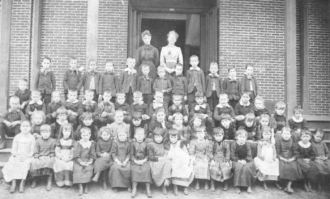

In 1906, illiteracy among white North Carolina children totaled 45,000. This, combined with a growing fear of an educated Black population, led local residents to push for compulsory education laws.
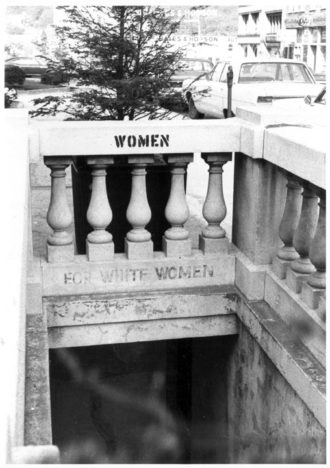
In the early months of 1964, residents shared their thoughts on the impending civil rights bill. Most who offered their opinions expressed a dire message of inevitable chaos if the measure were to become law.

Six years ago, Roy Harris helped launch the Southside Community Garden. The initiative has taken on greater meaning in the wake of COVID-19, he says. Food insecurity is a particular problem in the predominantly low-income Southside neighborhood. Gardening, he continues, is one way to combat the issue.
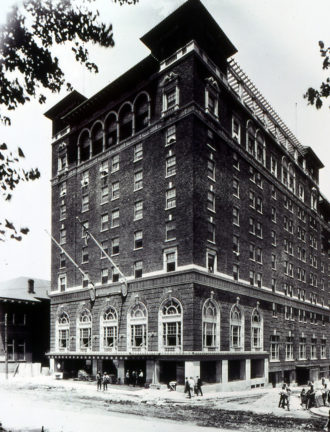
In November 1922, plans were unveiled for the new George Vanderbilt Hotel. Residents were quickly summoned to invest in the project. Not everyone jumped on board.
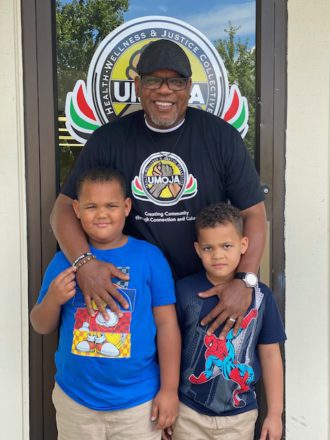
Xpress spoke with Asheville community members to learn how they’re finding moments of joy amid an unrelenting pandemic and the latest incident of an unarmed Black man killed by a white officer.
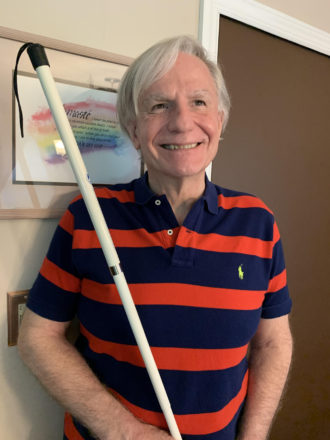
Throughout his adult life, Gary Ray has been visually impaired. COVID-19, he says, has created new obstacles for himself as well as others in the blind community.

On July 14, Waynesville resident and former Western Carolina University instructor, Leah Hampton, will celebrate the release of her debut book, “F*ckface: And Other Stories.” Several of the book’s tales take place in and around the Asheville area.
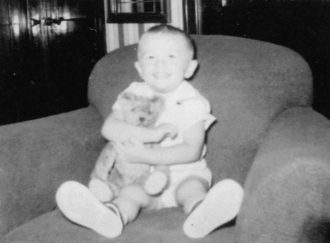
In August 1948, the Polio Prevention Club formed. The youth-led organization worked to raise funds for the Asheville Orthopedic Home, which treated the majority of the region’s polio cases during the summer outbreak.
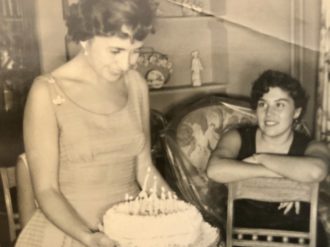
As polio numbers continued to rise in Asheville, one local nutritionist argued that diet alone could prevent residents from contracting the virus.
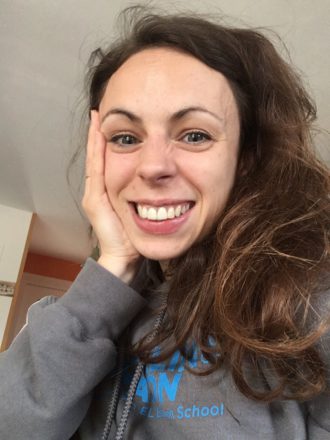
In February, Elise Guillemet and several of her students traveled from Saumur, France, to Asheville as part of an exchange program. Shortly after their return home, a nationwide lockdown went into effect.

Xpress reached out to several local international organizations to discuss what insights their global work could offer Western North Carolina residents who are grappling with the ongoing legacy of white supremacy in America.
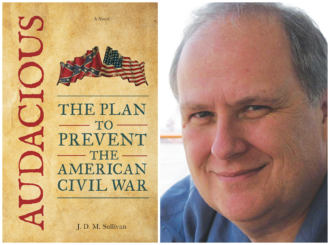
In his debut novel, David Sullivan explores ways the Civil War could have been avoided.
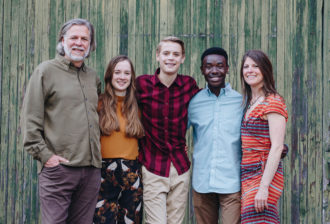
In August 2019, Brian Ngatunga enrolled at Asheville High School. The international exchange student planned to be here for just a year. But COVID-19 has delayed his return home, postponing his long-awaited reunion with his family in Mwanza, Tanzania.
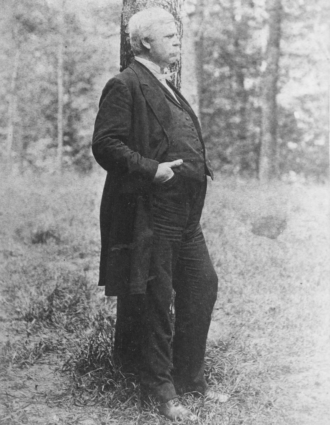
“Plainly and unequivocally, common sense says keep the slave where he is now — in servitude,” declared Zebulon Vance, in a May 16, 1860 address to the House of Representatives.
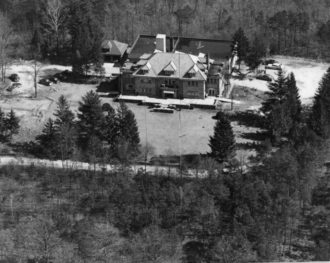
In 1948, amid a growing polio outbreak, city residents contributed what they could to the Asheville Orthopedic Home, a local health center that cared for the region’s infected children.
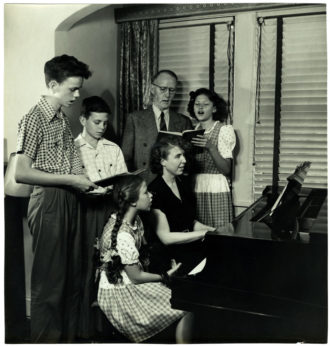
In July 1948, as the number of polio cases and related deaths increased in Asheville, the city’s health department began enacting orders to limit social gatherings. Initial ordinances were directed at Asheville’s youth. But by month’s end, the entire city was subjected to new mandates.
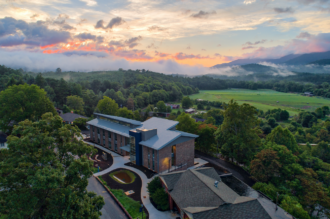
This past spring, COVID-19 required schools to shift from in-person to online classes. Come fall, private colleges and universities are eager to reopen their campuses. For many of these institutions, the financial consequences of remaining closed could be dire.
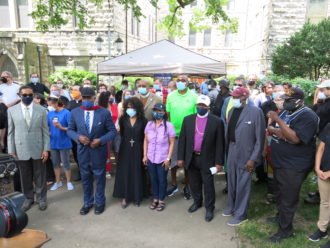
“We stand in prayer and solidarity against all forms of lawlessness and violence, whether it’s the lawlessness and violence of rioters and looters or the police officers who engage in police brutality such as that recently committed against a black man named George Floyd in Minneapolis,” Dr. John H. Grant, pastor of Mt. Zion Missionary Baptist Church, told a crowd of roughly 250 people.
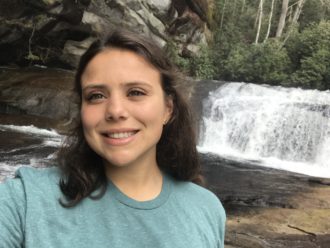
Turning 21 is a milestone. And for many, the celebration is often a raucous event. But for one Brevard College student, her big day was spent in quarantine on the school’s campus.
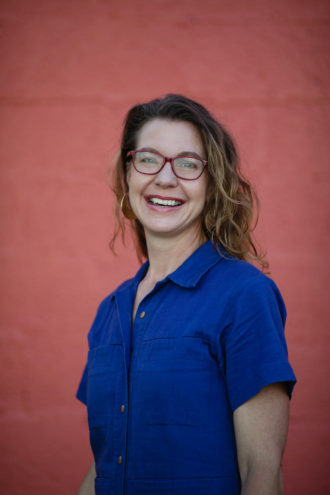
When Buncombe County’s stay home, stay safe mandate went into effect, doulas were deemed nonessential. The classification was a hard pill to swallow for business owner Chama Woydak, who has nevertheless found ways to remain connected with her expecting mothers and partners during the pandemic.
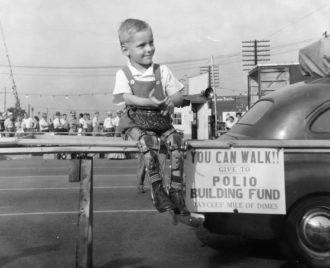
In June 1948, four Buncombe County residents were diagnosed with polio. At the time, there was a growing concern about a possible statewide epidemic. Worried parents bombarded Asheville’s health officials with phone calls, convinced that these local experts were underreporting the true number of cases in the city.